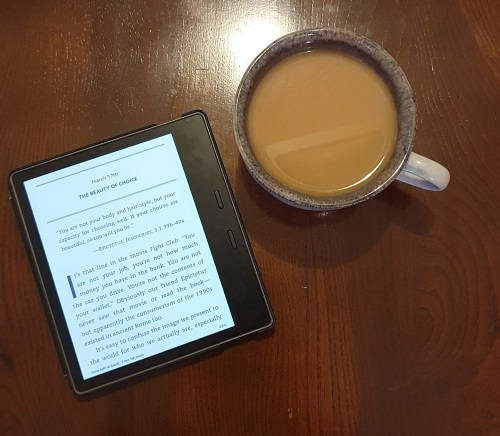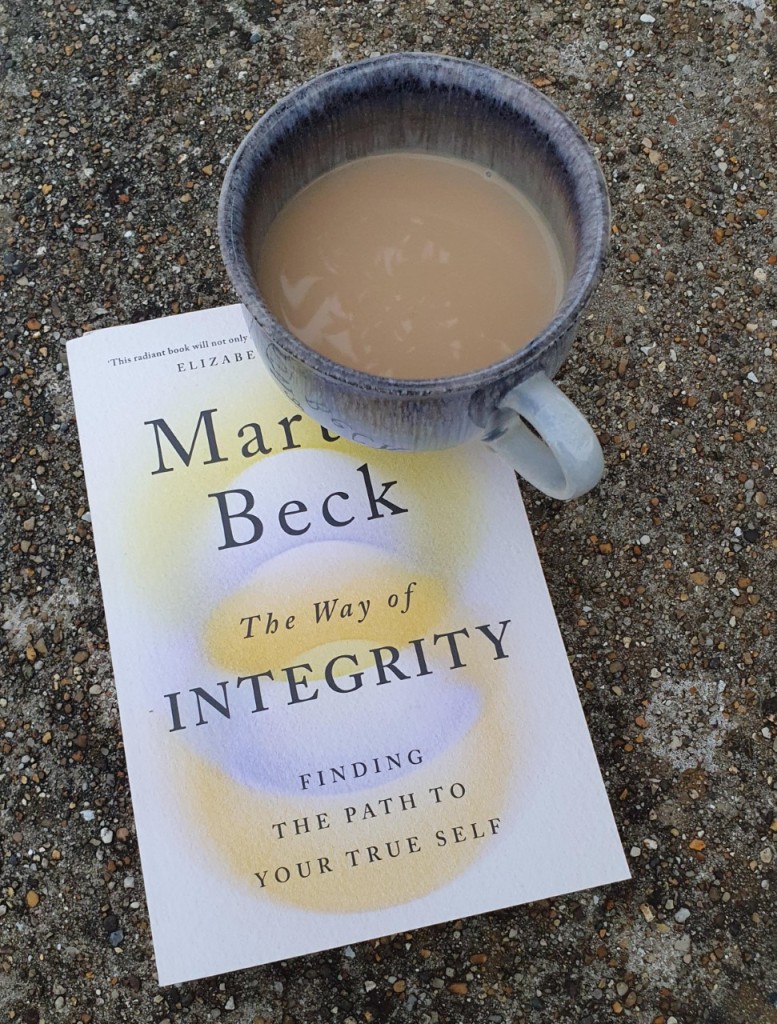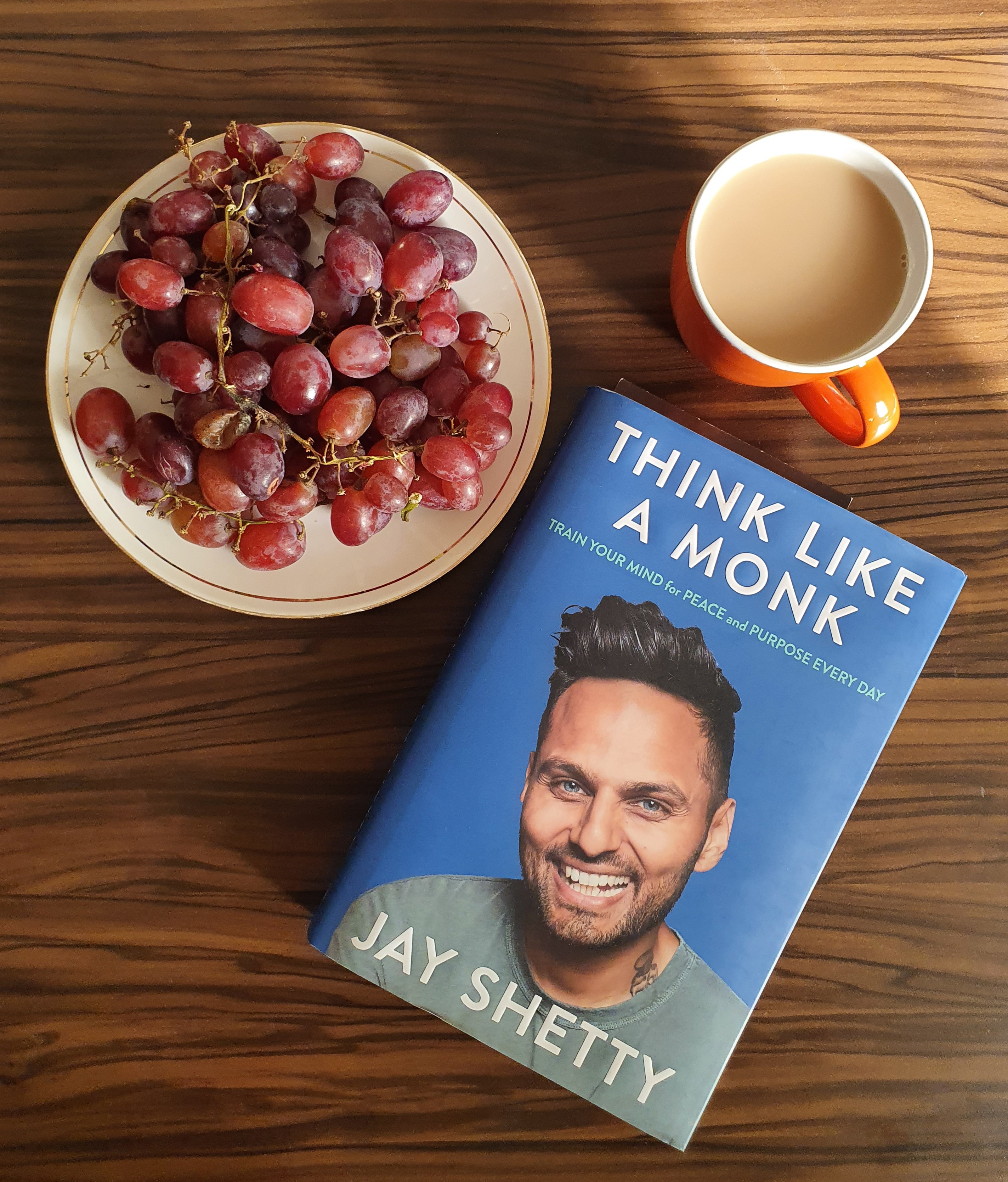
The philosophy of Stoicism has never been so popular; perhaps its appeal has had greater pull during these strange times, as all of us grapple with the baffling uncertainty of existence. Or maybe, it carries resonance at any time of our lives, simply because the wisdom of the Stoics, written thousands of years ago, still rings so true in modern society. Safe to say that for anyone interested in developing their character and wanting to gain greater understanding into human nature, then the Stoics will never go out of fashion!
Ryan Holiday and Stephen Hanselman have produced a wonderful book in this collection of meditations from three of stoicism’s greatest practitioners: Marcus Aurelius, Seneca & Epictetus. Although this book was first published in 2016, I can’t help but feel that its import holds even more significance as we continue to navigate our way through the choppy waters of COVID 19.
This book is perfect for dipping into on a daily basis or, if you are hungry like I am (!), you can gorge on three or four meditations each day. What I love about the book’s structure is the analysis the authors provide on each meditation. They illustrate perfectly how these three wise philosophers, writing as they were in times of plague, warfare and uncertainty, were all attuned to what we need to do, deep down, if we want to lead a meaningful and purposeful life. For this is central question that the Stoics explore: how to live a life, infused with meaning and integrity, and remain untroubled by external circumstances in the process.
Divided into three sections, following the main tenets of Stoical philosophy – discipline of perception, discipline of action and discipline of will, we are taken on a journey into the realms of our ego, thinking and identity and encouraged to interrogate whatever beliefs we may hold and act upon new found knowledge. For this is key: whether we can put into action what these learned philosophers write about.
Ultimately, this book is all about growth and learning about one’s self in relationship to the world, and how better we can manage our emotions in a world plagued by instability and fragility. Wisdom breathes and sings on every page, pertaining to all aspects of our lives. While it is vital to realise the imperishable truth that we never stop learning, it is just as important to remember that we are blessed with a plethora of gifts, and that we should do our best to water and nurture them as we journey through life. In the words of Marcus Aurelius:
“Hold sacred your capacity for understanding. For in it is all, that our ruling principle won’t allow anything to enter that is either inconsistent with nature or with the constitution of a logical creature.”




